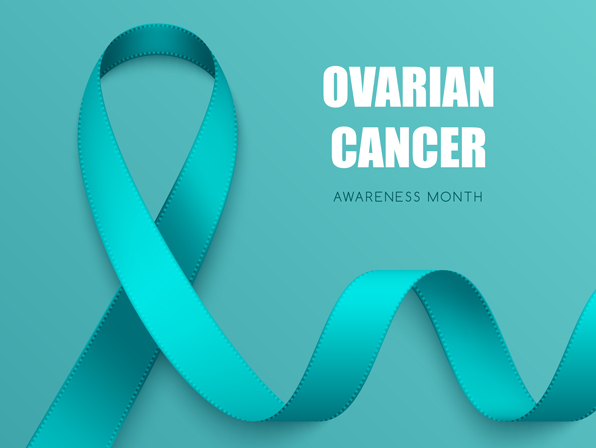Over 80% of couples will become pregnant within a year of trying for a baby, but a significant number – 1 in 7 couples – will experience fertility problems; that’s around 3.5 million people in the UK alone. On average, it takes around nine months for a couple to achieve a pregnancy. Infertility is diagnosed when a couple has been trying to get pregnant for a year without success. But treatment is available to help these couples and individuals overcome any issues and have a successful pregnancy.
Here at The Gynae Centre, our highly qualified team is experienced at identifying the cause of fertility problems.
What causes infertility in women?
Infertility is a complex issue and as such, many factors can influence a woman’s fertility. One of the most common reasons is ovulatory disorders – problems with ovulation. For pregnancy to happen naturally, the ovaries must release the egg which travels down the fallopian tube to be fertilised. But, if ovulation is disrupted or isn’t happening, this can lead to difficulty or a delay in becoming pregnant.
Dr Alex Eskander, Consultant Gynaecologist at The Gynae Centre, explains: ‘Ovulation is triggered by the hormones in the body, and so anything that affects hormones – over-exercising, stress, being over or underweight, polycystic ovarian syndrome (PCOS) and pituitary gland disorders – can lead to ovulation problems. The main signs of issues with ovulation include no, or irregular, periods.’
Additionally, problems with the fallopian tubes, follicle growth, ovarian reserve, tubal obstruction, immune factors and issues like endometriosis, fibroids or pelvic inflammatory disease (PID) can all have a dramatic impact on a woman’s fertility. Our team is very skilled at performing the necessary procedures and treatments.
We offer fertility screening at The Gynae Centre which involves an ultrasound scan to check the antral follicle count in addition to a blood test which will be analysed for anti mullerian hormone levels. Together these can indicate how fertile you are. Once the results from the tests come back you will receive an explanation from your consultant as to what the results indicate about your fertility level.
What causes fertility issues in men?
Fertility issues in men occur in 15% of patients presenting with subfertility. These are most commonly caused by problems with the quantity, quality and production of the sperm, or the mobility and morphology. Any of these issues can affect the sperm’s ability to reach the egg in order to fertilise it. Additionally, fertility issues in men are commonly caused by damage to the testicles, which can be caused by sports injuries, surgery and infections. Chemotherapy can also cause permanent damage the sperm, as can the use of anabolic steroids.
How long should a couple be ‘trying’ before they start considering fertility treatment?
We recommend that if you’ve been having regular (2-3 times a week), unprotected sex for a year it’s time to speak to a specialist to find out if there are any issues preventing conception. If you are aware that you may have health concerns that may affect your ability to conceive (for example, fibroids, endometriosis, PID), or are over 36 years of age it is advisable to seek advice sooner.
What are some options for a couple struggling to conceive (fertility treatment options)?
Treatment for fertility issues will of course depend on each couple, their needs and circumstances, but if you’ve been trying to get pregnant for a year without success, a fertility test for you and your partner is a good place to start.
As a minimum we recommend gynaecological examination, pelvic ultrasound and semen analysis. This will provide you with a detailed picture about your fertility and will highlight any problems that are preventing you from conceiving.
IVF is one of the most common treatments for infertility but there are a wide range of other fertility treatments available to help you achieve your dream of having a baby depending on your individual situation and the underlying issue(s).
The Gynae Centre offers soft treatment for sub-fertility when there is no apparent reason for it. We use ultrasound follicle tracking to measure the size of follicles on day 11-12 of your cycle to ensure that ovulation is occurring and to track the release of the follicle. An injection is given to release the egg 36-40 hours later, thus allowing the patient to time intercourse precisely at the time of ovulation to maximise the chance of natural pregnancy.
If you suspect you have fertility problems, and are interested in a fertility MOT or treatment you can contact our friendly admin team by calling 020 7580 8090.
All fertility treatment is in association with our partner clinic, The Fertility & Gynaecology Academy using state of the art technology.






